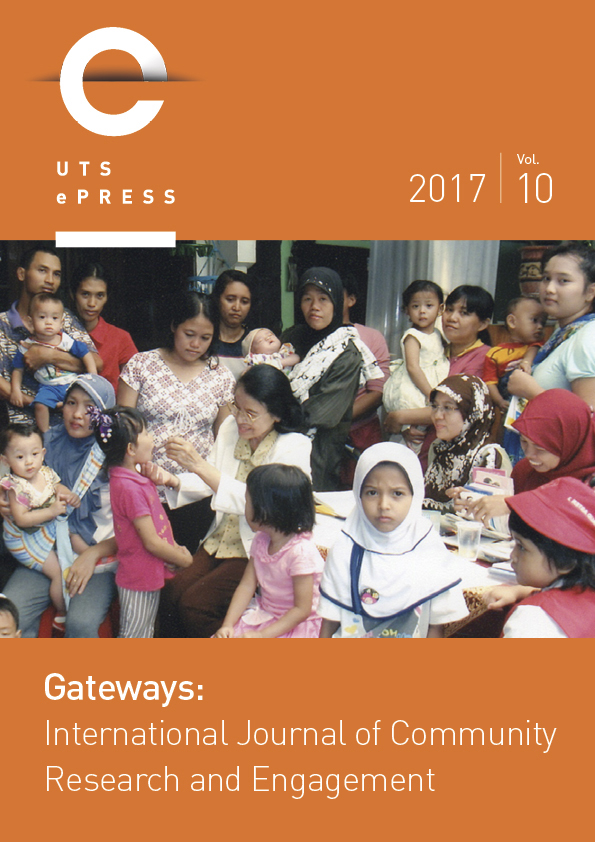Serving an Indigenous community: Exploring the cultural competence of medical students in a rural setting
Main Article Content
Abstract
Students who participated in the project were required to complete a questionnaire after each community engagement activity to help them reflect on the above areas. We analysed the responses of students from January to December 2015 using a thematic analysis approach to identify overarching themes in the students’ responses.
Students had differing perceptions of culture and worldviews when compared to the indigenous people. However, they lacked the self-reflection skills necessary to understand how such differences can affect their relationship with the indigenous people. Because of this, the basis of their engagement with the indigenous community (as demonstrated by their views of community service) is focused on their agenda of promoting health from a student’s perspective rather than connecting and building relationships first. Students also lacked the appreciation that building cultural competency is a continuous process.
The results show that the medical students have a developing cultural competence. The project in Kampung Sebir is an experiential learning platform of great value to provide insights into and develop the cultural competency of participating students. This study also reflects on the project itself, and how the relationship with stakeholders, the competence and diversity of academic staff, and the support of the university can contribute toward training in cultural competence.
Article Details
Issue
Section
Authors who submit articles to this journal from 31st March 2014 for publication, agree to the following terms:
a) Authors retain copyright and grant the journal right of first publication with the work simultaneously licensed under a Creative Commons Attribution License that allows others to share and adapt the work with an acknowledgement of the work's authorship and initial publication in this journal.
b) Authors are able to enter into separate, additional contractual arrangements for the non-exclusive distribution of the journal's published version of the work (e.g., post it to an institutional repository or publish it in a book), with an acknowledgement of its initial publication in this journal.
c) Authors are permitted and encouraged to post their work online (e.g., in institutional repositories or on their website) prior to and during the submission process, as it can lead to productive exchanges, as well as earlier and greater citation of published work (See The Open Access Citation Advantage Service). Where authors include such a work in an institutional repository or on their website (ie. a copy of a work which has been published in a UTS ePRESS journal, or a pre-print or post-print version of that work), we request that they include a statement that acknowledges the UTS ePRESS publication including the name of the journal, the volume number and a web-link to the journal item.
d) Authors should be aware that the Creative Commons Attribution (CC-BY) License permits readers to share (copy and redistribute the work in any medium or format) and adapt (remix, transform, and build upon the work) for any purpose, even commercially, provided they also give appropriate credit to the work, provide a link to the license, and indicate if changes were made. They may do these things in any reasonable manner, but not in any way that suggests you or your publisher endorses their use.
For Volume 6 (2013) and before, the following copyright applied:
Articles published by UTSePress are protected by copyright which is retained by the authors who assert their moral rights. Authors control translation and reproduction rights to their works published by UTSePress. UTSePress publications are copyright and all rights are reserved worldwide. Downloads of specific portions of them are permitted for personal use only, not for commercial use or resale. Permissions to reprint or use any materials should be directed to UTSePress.
